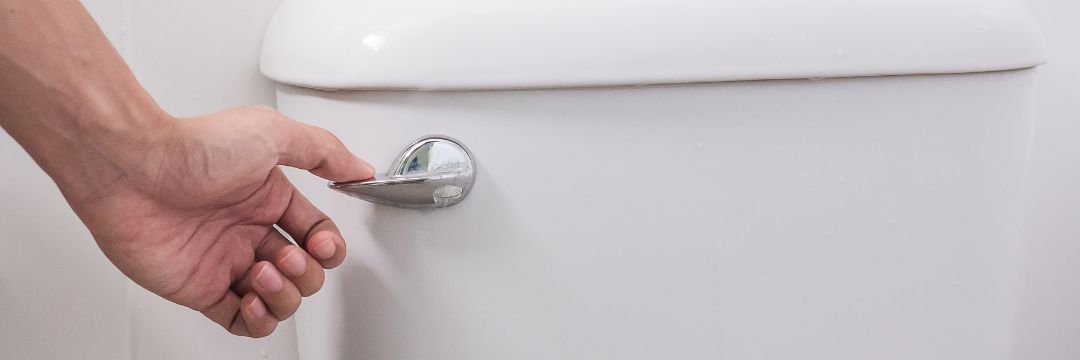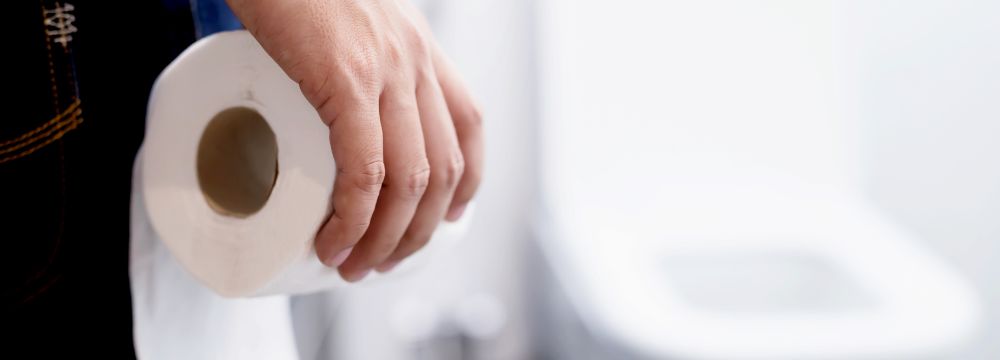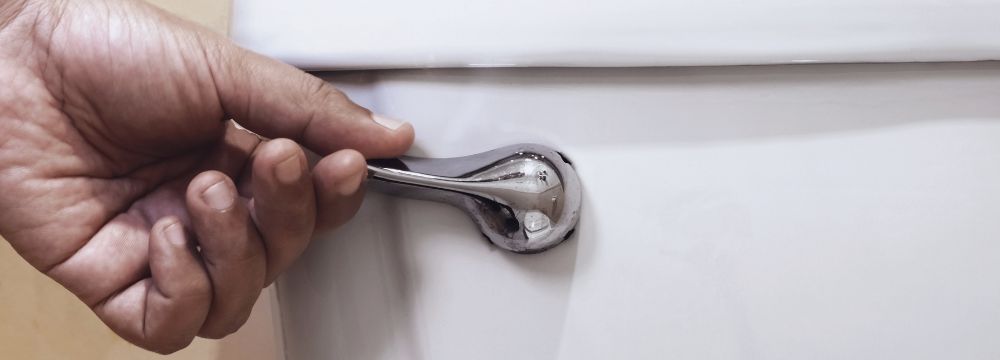There are different kinds of urinary problems and symptoms you may experience. Do you need to urinate frequently? Experience incontinence? Feel like your bladder is not empty after urinating? Or difficulty urinating when you feel the urge? Any experience with urination that is uncomfortable or painful could indicate a urinary problem.
Some of the most common causes of urinary problems typically affect older adults. Some disorders are exclusive to men, and some are more likely to be diagnosed in women. Although everyone has a bladder, the organs and structures surrounding the bladder and involved in urination are distinct. This means that men and women are susceptible to different urological issues.
Symptoms of some of the most common urinary tract issues include:
Frequent Urination
The urge to urinate frequently may be a sign of several conditions. If the sensation is accompanied by pain or a burning sensation, it could be a urinary tract infection, or UTI. Women are more likely than men to develop a UTI because the urethra in women is very short and close to the anus. Bacteria can easily find its way into the urethra, causing an infection. While UTIs are less common in men, they can develop if a man has difficulty emptying his bladder of urine.
Difficulty Emptying Bladder
Most men develop benign prostatic hyperplasia (BPH or enlarged prostate) at some point as they grow older. About half of all men develop BPH by the age of 50, and by the age of 80 the rate rises to 90 percent. The prostate gland becomes enlarged due to causes other than cancer. Because of its proximity to the urethra, an enlarged prostate can restrict the flow of urine, causing frequent urination, the inability to empty the bladder, or a weak urine stream.
Incontinence
Loss of bladder control is called incontinence. Women commonly experience incontinence due to weakness or collapse of the pelvic floor muscles, which can happen after giving birth. BPH in men may cause incontinence. Infection is another possible cause of incontinence in both men and women.
Pain During Urination
A less common condition with many of these symptoms is painful bladder syndrome, or interstitial cystitis. It is difficult to diagnose and is often mistaken for a UTI. Symptoms include pain during urination, a persistent urge to urinate, and difficulty emptying the bladder. Diagnosing interstitial cystitis is often a process of elimination. If antibiotics do not take care of the symptoms, your doctor will perform further tests. Interstitial cystitis is a chronic condition, but it can be managed through lifestyle changes and medication. Symptoms usually come and go and can be minimized with proper treatment.
If you have a urinary problem, seeing a urologist is the best decision you can make. Urologists are physicians with advanced training in the urinary tract and men’s reproductive systems. A urologist experienced with the diagnosis and treatment of all kinds of urological conditions can make sure you receive the treatment you need as quickly as possible.
Dr. Richard Natale of Carolina Urology in Concord near Charlotte, North Carolina, is a board-certified urologist with experience in the latest leading-edge treatments for men’s health conditions. Call (704) 786-5131 with questions or for an appointment today.





